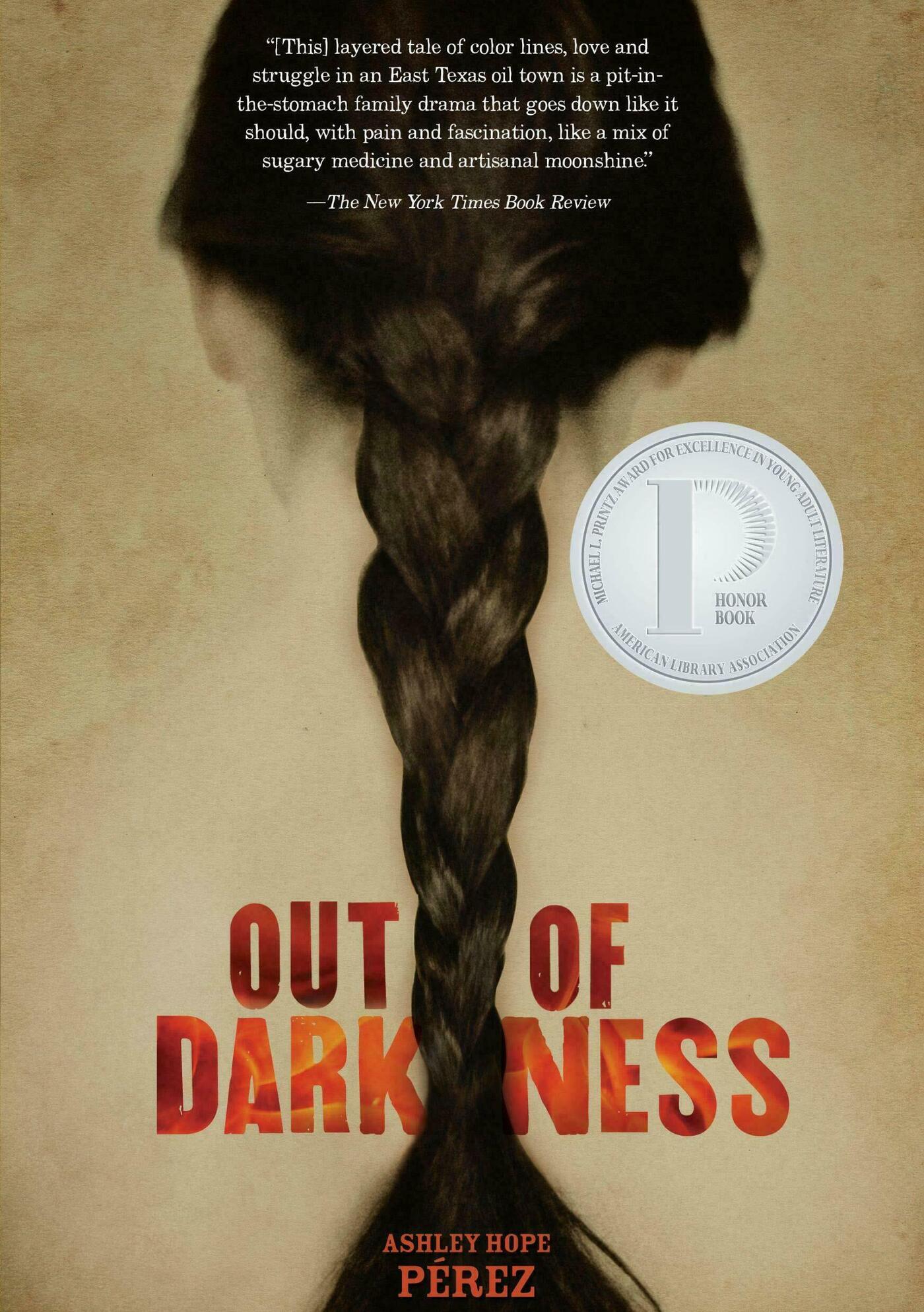[ad_1]
This discussion with Ashley Hope Pérez is part of a series of interviews with — and essays by — authors who are finding their books being challenged and banned in the U.S.
Ashley Hope Pérez is the author of the award-winning Out of Darkness, a young adult novel that has faced challenges and bans in the U.S. in recent years.


Pérez — who is a comparative literature professor at The Ohio State University in addition to having authored three novels — centers her writing on Latin American narratives, making space for young Latino readers to see themselves in her work. She published Out of Darkness in 2015, a year that invoked a national conversation surrounding issues of race, environmental racism, racialized violence and police brutality.
Out of Darkness is based on a true-events: In 1937, a natural gas explosion at a school in New London, Texas, killed nearly 300 students and teachers — one of the deadliest school disasters in U.S. history. This historical context is foregrounded by the fictional love story between an African American boy and a Mexican American girl. The characters cross color lines and navigate familial tensions and traumas.
The novel re-contextualizes contemporary issues of race, providing a historical framework in a not-so-post-racial America. After many years on bookshelves, in 2021 this frank portrayal earned the book a spot on the American Library Association (ALA) Banned Book List for “depictions of abuse and because it was considered to be sexually explicit.”
The interview below has been edited for length and clarity.
Interview highlights
On writing about the human experience, even the hard parts
Out of Darkness, like many works of literature, engages with all kinds of aspects of human experience. And as a literature professor myself, I can tell you that literature from the Bible to Chaucer to Shakespeare to Faulkner deals with difficult topics because those aspects of life are the materials literature… it’s not to be provocative or to distress anyone, but because when we want to write about human experience honestly and completely, we have to include the pain of being a person. And so I think that Out of Darkness is literature. And in many ways, what book banners in the present moment are suggesting is that literature that honestly engages human experience is somehow inappropriate for teenagers. And when we hear things like ‘there is pornographic content in school libraries,’ what we’re really hearing is engagement with human experience, such as sexual experience — we’re hearing that being portrayed as pornographic. But that’s not that’s not that’s not true of Out of Darkness or the other books that have been vilified in this movement any more than it’s true of the Bible being pornographic because it has sexual content.
On books about the past being resonant in the present
With Out of Darkness I was trying to do something a little bit different, which was to write the historical novel that readers like my students wouldn’t be able to put down. A historical novel that, though being about the past, would seem powerfully resonant with their lives. In Out of Darkness, for example, I engaged the histories of school segregation in Texas, not just the ways that schools were segregated to separate Black Americans and white American students, but also what happened to Mexican American kids or anyone who was didn’t fit into those categories. Texas had “Mexican schools” that were unequal in different ways and in some ways more damaging. And my students didn’t know that history. So I thought with Out of Darkness about what my former students would want in a book about the past so that it would speak to them now. And a lot of what they wanted was honesty, not to see things sugarcoated or sanitized.
On bans overwhelmingly targeting authors who are marginalized
There will be people who buy the book because of hearing this interview. But for the hundreds of authors whose works have been banned but who haven’t been interviewed on NPR, this can be career ending. I mean, losing access to school and library markets can be career ending for authors. And since these bans are overwhelmingly targeting people — authors of color and authors with other marginalized identities, this is a real threat to the modest progress we’ve made in diversifying children’s literature and literature for young adults.
Claire Murashima produced the broadcast version of this story. Meghan Collins Sullivan edited this story for the web.
[ad_2]
Source link

